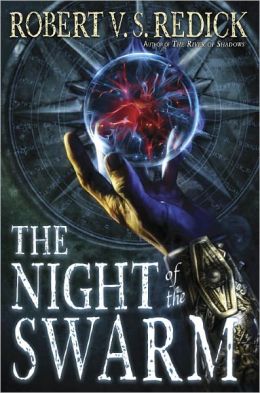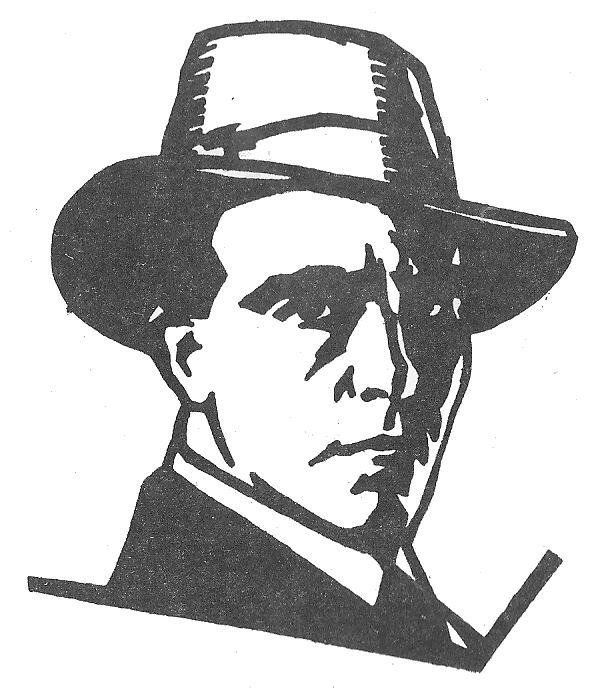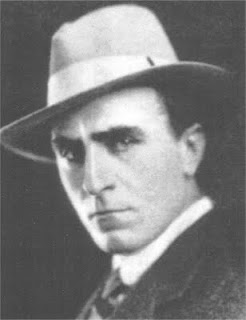The Public Life of Sherlock Holmes: The Case of the Copyrighted Detective
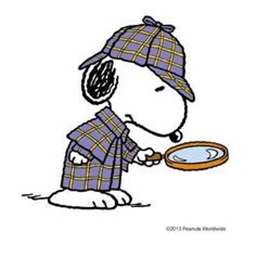 This column was written the day before a nine-day, 1,900 mile round trip venture to Disney World. So, it’s a bit of a rush job. I’ll tackle the issue in more depth when the Supreme Court gets going.
This column was written the day before a nine-day, 1,900 mile round trip venture to Disney World. So, it’s a bit of a rush job. I’ll tackle the issue in more depth when the Supreme Court gets going.
Did that catch your interest?
Beginning with his children, the heirs of Sir Arthur Conan Doyle have battled to maintain control of the Sherlock Holmes copyright. The sons developed a reputation that endures to this day of gleefully trying to stick it to anyone who wanted to use Holmes without paying them their due.
When August Derleth attempted to publish his first collection of Solar Pons tales (you’re going to be reading lots more about Pons in this column: trust me!), the deceased Doyle’s sons threatened to sue him. Derleth persisted and happily, over 70 Pons stories would be published.
Derleth said, “The plain fact is that the Doyle sons are a pair of lazy bastards who have tried to eke out a complete living from proceeds of their father’s writings. Others have told me that before; I was dubious; but I am less so.”
All 60 of Doyle’s Holmes stories are in the public domain in England. At one time they also were in America, but when Disney backed legislation to protect their ownership of Mickey Mouse, the last set of Holmes stories, collectively known as The Casebook of Sherlock Holmes, came back under copyright protection.
The characters from all non-Casebook stories and those previous stories remained in the public domain, for use by all. To avoid “trouble,” and/or to get the Estate’s blessing, many authors, filmmakers, etc., have paid a fee to use Holmes.
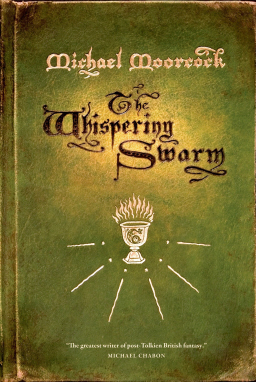
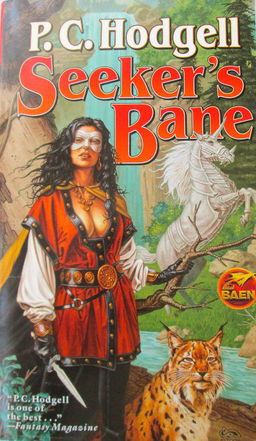
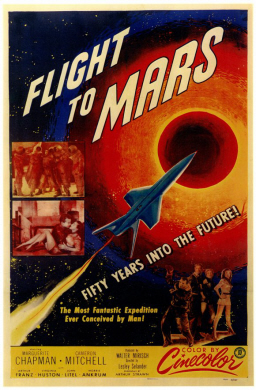

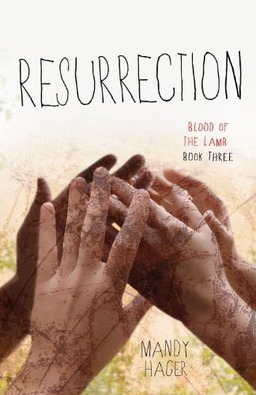
 Last night’s opening film at the seventeenth
Last night’s opening film at the seventeenth 